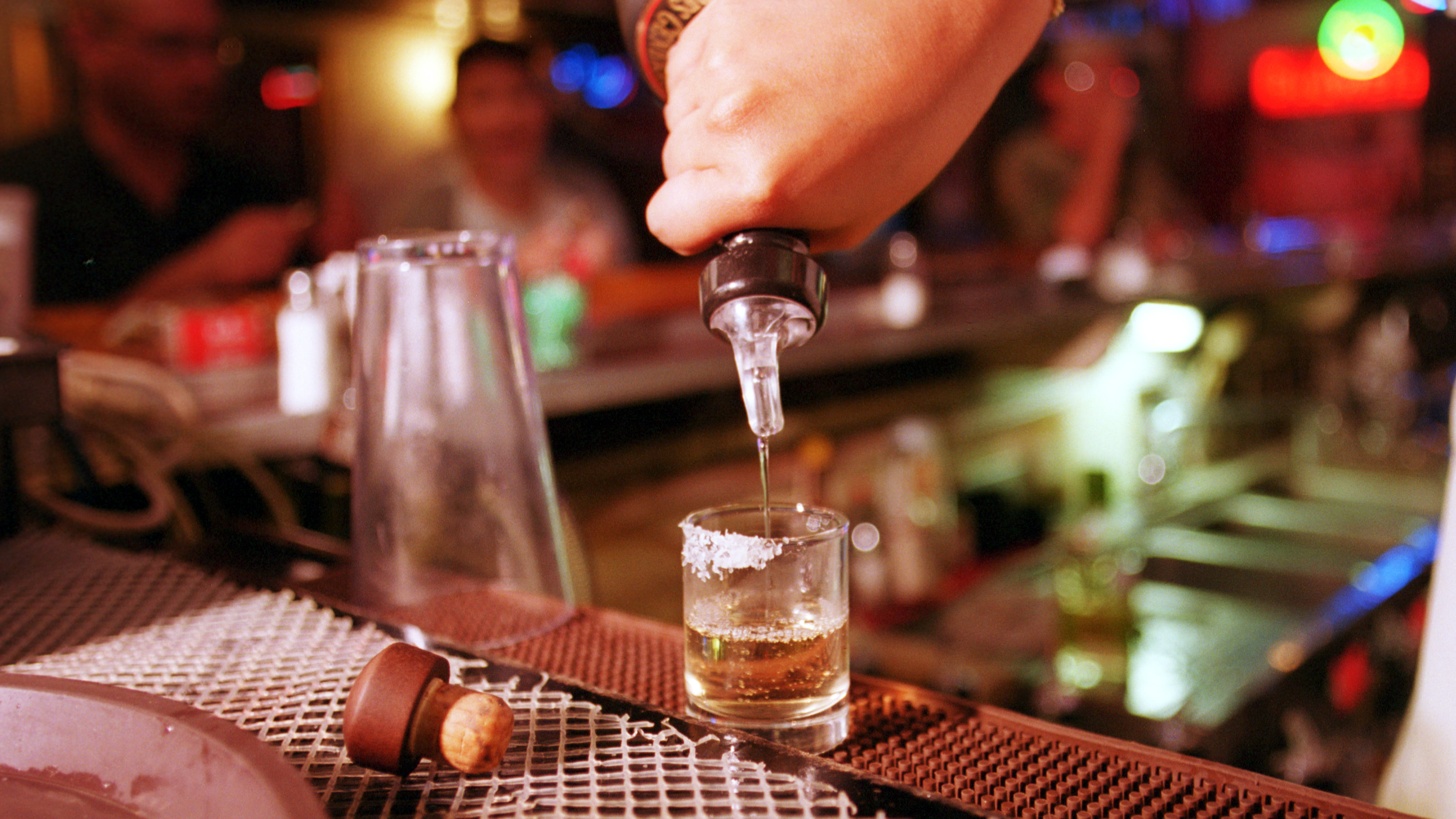You Can Pry The World's Last Bottle Of Tequila From My Cold, Drunk Hands
We don't often think of it—because when we're drinking we're trying not to think—but most alcohol is an agricultural product. Beer comes from barley; wine from grapes; tequila from the agave plant and the distilled tears of angels. As an agricultural product it's subject to not just supply and demand pressure, but to Mother Nature's clock. Lately, time has not been on the side of tequila makers.
Reuters reports that the price of Agave tequilana, the spiky agave plant whose liquid is fermented into tequila, has risen six-fold in the past two years thanks to increased global demand for the Mexican-grown booze. Coupled with the long lifespan of an agave plant before it should be harvested—about seven or eight years—the price increase has the industry bracing for dire times. Some tequila distillers have resorted to pulling up young plants, which is a frowned-upon practice in tequila making and will contribute to fewer plants in production down the line. Industry experts warn of the potential for a worldwide tequila shortage that could continue through 2021.
How can you protect yourself and your loved ones in the event of this global catastrophe? By adding fuel to the fire and hoarding tequila, duh. I am personally at work on an underground mezcal bunker, where I plan to hide with my dog until this dark cloud lifts. See you all in 2022.
